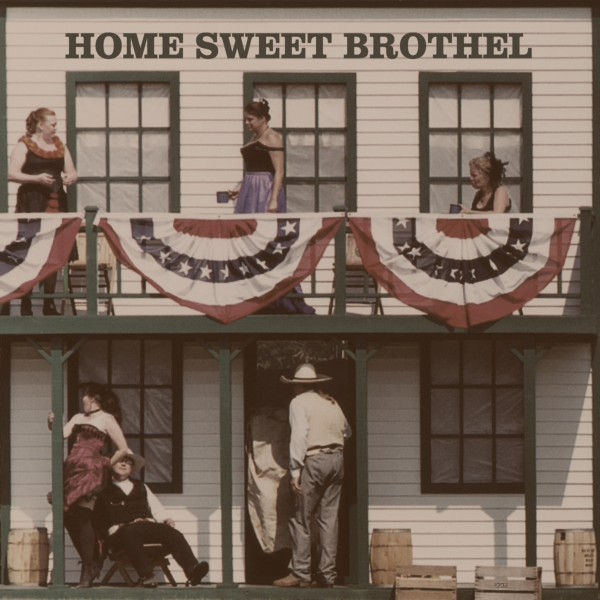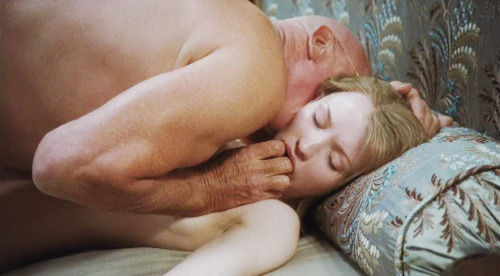A Nation of Sex Workers: An Interview with Tracy Quan

I’ve been reading Tracy Quan since before I was a sex worker, when a prequel to Diary of a Manhattan Call Girl was serialized on Salon.com, and I’ve been chummy with her online since 2003, when she graciously replied to my e-mails. I’ve learned so much from Tracy, her callgirl comedy-of-manners novels, and the quirky takes on sex work, relationships, and public figures in her articles. I imagine many of us have.
One of the first of the sex worker literati, Tracy was also one of the first to successfully transition from out sex worker and sex workers’ rights activist to in-demand freelance writer, modeling a career trajectory that helped bring our voices to the mainstream. Yet, her street cred as part of the sex workers’ rights movement is unimpeachable. After reading about the history of PONY (Prostitutes of New York) collaborating with ACT-UP in the 90s, I asked Tracy to talk about her involvement with PONY’s work during that era, as well as many other things.
You started working quite young, at 14 years old, as a way to gain financial independence from your live-in older boyfriend and your parents. Nowadays, there’s a whole lot of tangled discourse about youth sex workers, from a law in NY state that may be able to retroactively erase youth convictions , while another NY State law diverts those now arrested into “state protection”, to anti-sex work feminists shrieking fallaciously that the average age of entry into prostitution is 13, to the sex workers’ rights movement trying to figure out a way to help homeless queer and trans youth who subsist on survival sex. As a former teenage sex worker, what do you have to say about all this?


